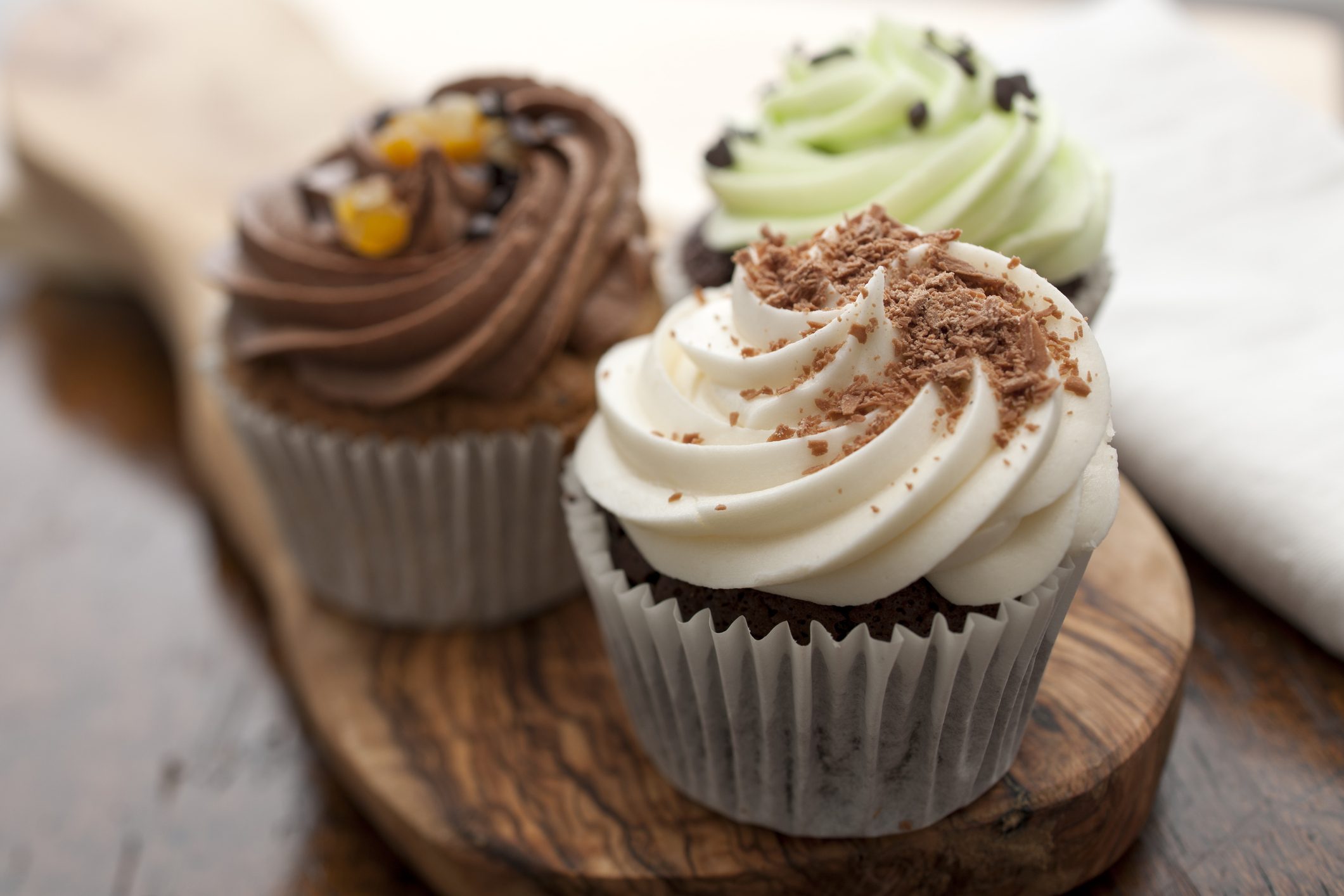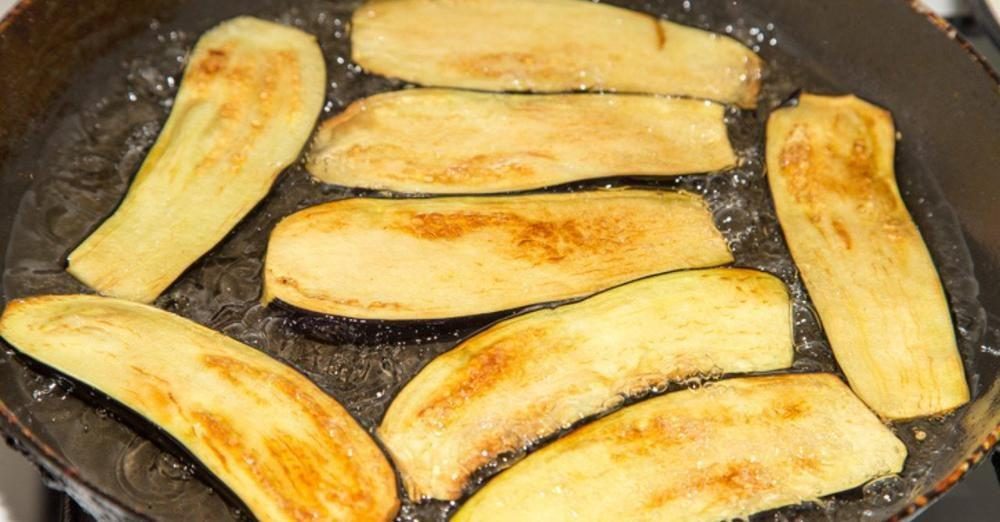8 Lesser-Known Mistakes You May Be Making When Cooking Potatoes
Potatoes are straightforward to cook… Right? But, this article may make you realize you have been doing it wrong all this while! Cooking potatoes is admittedly easy, but then, it is also just as easy to mess it up if you don't have the appropriate knowledge. Did you know that a ricer is a much preferable tool to masher when preparing mashed potatoes or that cooking potatoes at a full boil are wrong? If you love potatoes, sweet or otherwise, then these tips are for you.
;Resize,width=742;)
Potatoes are some of the most precious food items in the kitchen. They are healthy food choices, require little expertise, cooked in different ways, and paired with almost any dish based on individual preference.
However, there are common pet peeves that accompany cooking potatoes e.g., the potatoes coming out raw, not seasoning them well enough, and so much more.
Read along for some common mistakes you may be making while cooking potatoes and what to do instead.
1. You don't choose the right potato.

Potatoes come in many varieties, and you must choose the right one for every recipe. Executive Chef Joseph Rizza of Prime and Provisions, a Chicago steakhouse, says:
"Russet potatoes are traditionally used for baking and steaming. Red potatoes and gold potatoes are more for roasting or sauteing."
Generally, russet potatoes are a perfect fit for most recipes. On the other hand, red potato and Yukon Gold potatoes are very waxy and starchy, so they require proper cooking.
2. You don't season properly.

Professionals advise seasoning the water used to cook potatoes. This will not only make the potatoes very tasty, but it also allows them to boil at a hotter temperature and subsequently cooks the potatoes' starch more thoroughly.
The seasoning is not limited to salt, so feel free to experiment with your favorite spices.
3. You're burning your spuds.

If you have been cooking your potatoes on a sheet pan or foil without salt, you will realize that they come out burnt or not thoroughly cooked.
Instead, spread a bed of salt on the cooking sheet before placing them in the oven. The salt will help the potatoes cook evenly and prevent them from direct contact with the cooking sheet.
Tip: The salt bed should be ¼- ½ inch thick on a baking sheet. Kosher salt is also especially recommended.
4. You bring potatoes to a full boil.

If you do this, you'll be cutting into a raw middle afterward. Boiling potatoes at a full boil will make the cooking process fast, so the outside gets overcooked while the center stays raw.
For proper cooking, let the potatoes, cut or uncut, simmer in a pot of water for about 15 minutes. The total cooking time depends on the size of the potatoes.
5. You cook your mashed potatoes on high heat.

For the perfect texture, cook your mashed potatoes slowly and on low heat. Cooking them at full heat makes watery and loose, experts say.
Also, use a ricer to mash the potatoes, never a masher — unless, of course, you want big chunks of unsavory potatoes.
6. You're not heating your mix-ins.

While your potatoes cook, heat ingredients like cream, butter, or sauces you plan to add to them. This keeps the potatoes hot and ready for you to eat immediately.
7. You cook your fries raw.

For the perfect texture — crispy outside and soft inside — boil the potatoes before placing them in the oven. Toss in seasonings into the water, add the potatoes, then let them cook.
Let them cool, add more seasonings, then let them crisp in the oven.
8. You make your sweet potatoes too sweet.

The common seasonings for sweet potatoes are honey, pecans, brown sugar, and marshmallow. However, these are not fit for this variety of potatoes because they are already sweet. The extra mixes will only add extra calories and fat when added.
Instead, go for more exotic spices and sauces like tomatoes, curry, black pepper, or even Italian salsa verde style sauce!
Enjoy!
;Resize,width=767;)

;Resize,width=712;)
;Resize,width=712;)
